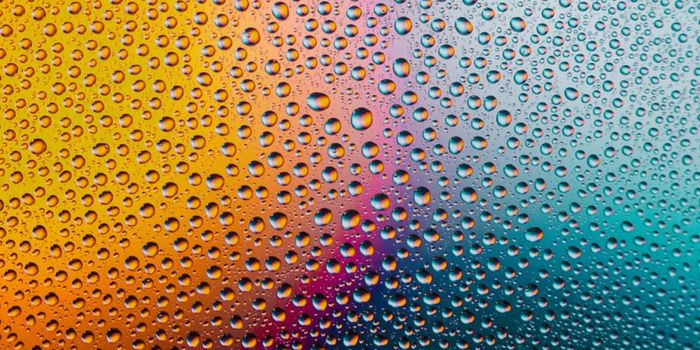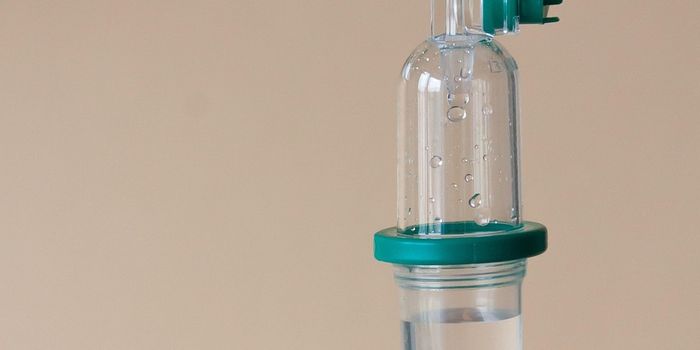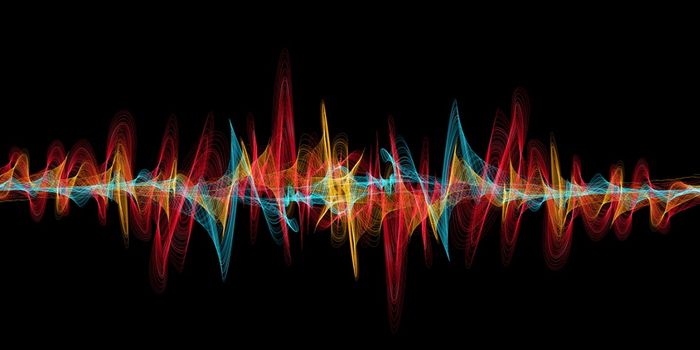Dietary Fiber Helps Control How Gut Microbes Use an Amino Acid
Many studies have highlighted the importance of getting enough fiber like fruits, vegetables, and whole grains in our diet. But what's so beneficial about this fiber? Scientists have now shown that dietary fiber plays a crucial role in maintaining a healthy balance of gut microbes, as one example of the health benefits of fiber. The work has been reported in Nature Microbiology.
The gut microbiome is closely connected to a variety of aspects of our health, and while the composition of that microbiome may be unique from one person to another, there are certain species of microbes that are healthier than others. It is also important to have a wide variety of microbes that make up a diverse microbiome.
This latest study has shown that gut microbes use a molecule called tryptophan, and often compete with one another to obtain it. The body does not make its own tryptophan, which is an essential amino acid that has to come from foods like cheese, milk, yogurt, eggs, chicken, turkey, salmon, tuna, legumes, nuts, and seeds. Gut microbes can help convert tryptophan into metabolites that have a positive impact on our health, but some gut microbes can also transform tryptophan into harmful substances.
"These results emphasize that our dietary habits significantly influence the behavior of gut bacteria, creating a delicate balance between health-promoting and disease-associated activities. In the long term, the results can help us design dietary programs that prevent a range of diseases," said corresponding study author Tine Rask Licht, a professor at DTU National Food Institute.
Dietary fiber has been known to get metabolized into short-chain fatty acids by certain microbes in the gut. But that fiber can also help prevent the harmful conversion of tryptophan by gut bacteria, and boost its metabolism into beneficial substances.
E. coli is a gut microbe that is known to make indole, which is harmful, from tryptophan. Indole has been associated with chronic kidney disease. Another gut bacterium called C. sporogenes, however, turns tryptophan into substances that are healthy, and help with protect against disorders including inflammatory bowel diseases, type 2 diabetes, cardiovascular disease, and neurological disease, noted first study author Anurag Kumar Sinha, a DTU National Food Institute researcher.
Using bacterial cultures and mouse models, the study showed that gut microbes that break down fiber, like B. thetaiotaomicron, help control the indole-generating activity of E. coli.
"B. thetaiotaomicron assists by breaking down fibers into simple sugars, which E. coli prefers over tryptophan for growth. The sugar components from the fibers prevent E. coli from turning tryptophan into indole, thereby allowing C. sporogenes to utilize tryptophan to produce healthy compounds," added first study author Anurag Kumar Sinha.
This study has highlighted not only how gut microbes behave on their own (whether that be beneficial or harmful), but it has also shown how gut microbes can affect each other's behavior.
"As a research community we need to change focus from viewing gut bacteria and their abundances strictly as either good or bad, to understand instead how we make our gut bacteria behave good or bad," said study co-author Martin Frederik Laursen, an associate professor at DTU National Food Institute,.
Scientists are starting to learn more about how diet can affect the gut microbiome to benefit health and prevent disease.
Sources: Technical University of Denmark, Nature Microbiology









